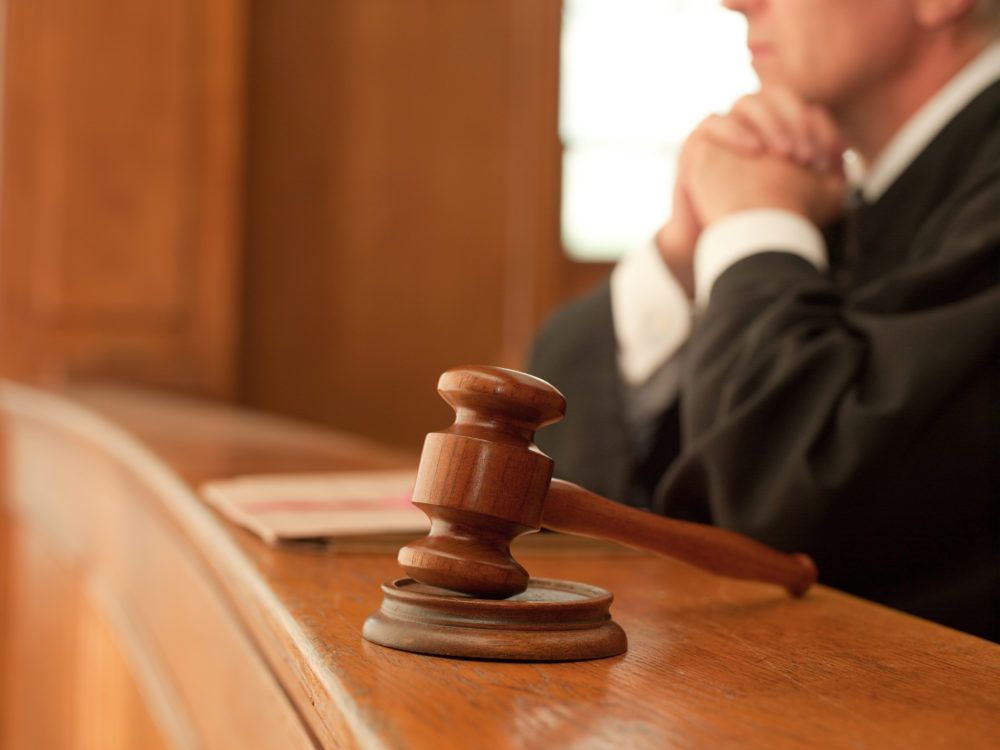Legal Experts to Courts: ‘We Must Do a Better Job’ Scrutinizing Forensic Evidence Before Considering Admissibility
07.24.17 By Innocence Staff
Last week, at the annual Ninth Circuit Judicial Conference—this year held in San Francisco—legal experts discussed the serious need for judges to examine forensic testimony and evidence more critically before admitting it into trials. Specifically, the experts advised judges to strongly consider the President’s Council of Advisors on Science and Technology’s (PCAST) landmark 2016 report Forensic Science in Criminal Courts: Ensuring Scientific Validity of Feature-Comparison Methods when determining admissibility of forensic evidence.
The PCAST report stressed that essential improvements were required—including empirical testing—to determine the scientific validity of many forensic disciplines. It also urged judges to exercise their gate-keeping function and consider the absence of relevant empirical studies when deciding the admissibility of expert testimony.
“PCAST was truly directed at the courts,” Los Angeles Deputy Public Defender Jennifer Friedman said, according to Courthouse News Service. “It was not intended to tell the people in this room how to decide cases, but to discuss and explain the intersection of scientific validity and legal reliability.”
Friedman said that moving forward, judges need to take an active role in ensuring that the forensic evidence used in court is reliable and valid. One of the things that they can do is “rein in forensic examiners during testimony,” writes the Courthouse News Service.
“Forensic examiners shouldn’t be able to come into court and make claims of 100 percent certainty, or testify that they’ve never made a mistake or that the error rate for the discipline is zero,” Friedman said, according to the Courthouse News. “If the courts were to curtail that type of testimony we would go a long way in preventing wrongful convictions and ensure the integrity of the evidence being admitted.”
Ninth Circuit Judge Alex Kozinski, who has been very vocal in his criticism of how the criminal justice system continues to rely on outdated and unreliable forensic disciplines, also spoke on the panel last Tuesday. He said that the burden of demanding that forensic evidence and expert testimony be scientifically valid lies on defense attorneys as well as judges.
“I think there’s a reluctance to put to the test scientific evidence put on by the prosecution. Many defense lawyers, like the rest of us, grew up with fingerprints, bite marks and footprint evidence and simply accept it as being inherently valid and not worth challenging,” he said. “And if judges don’t have the issue presented, it’s difficult for a judge. Many judges are reluctant to say – if the lawyers don’t raise the issue – have you thought about the scientific validity of this.”
He also reflected on the value of the PCAST report.
Kozinski said, according to the Courthouse News, that the report “was a step forward in bringing all of us to a conclusion that maybe we need to do a better job, because after all this is not a situation where we’re dealing with just technicalities but we’re dealing with the question of whether people are guilty or innocent.”
Leave a Reply
Thank you for visiting us. You can learn more about how we consider cases here. Please avoid sharing any personal information in the comments below and join us in making this a hate-speech free and safe space for everyone.
July 29, 2017 at 10:36 pm

“Friedman said that moving forward, judges need to take an active role in ensuring that the forensic evidence used in court is reliable and valid.” How about making sure that there is even any evidence presented? Prosecutor in Montague County Texas had NO evidence and still sent an innocent man to prison.